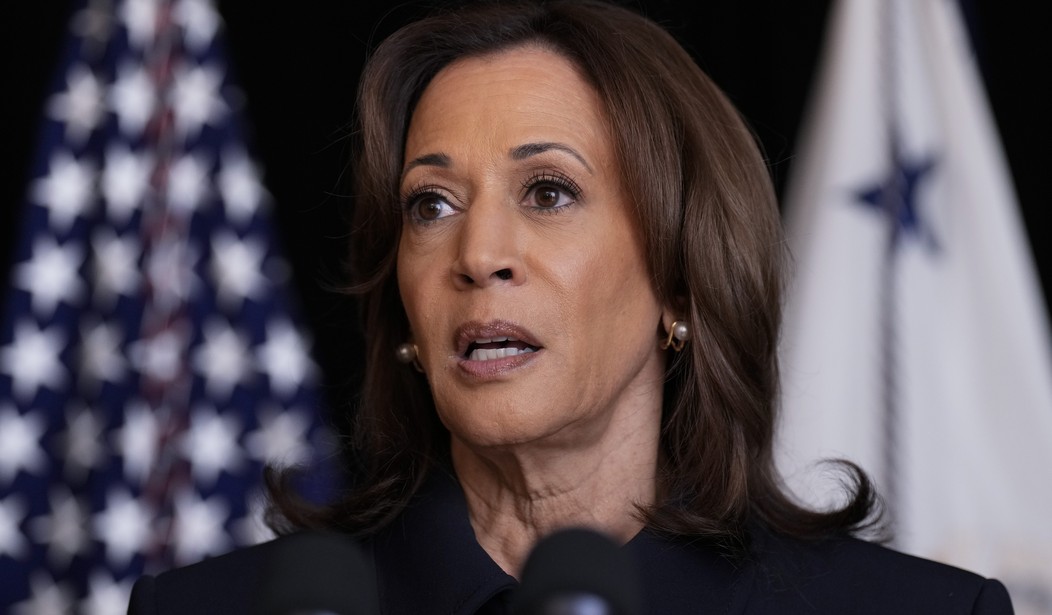On Monday journalist Christopher Rufo detailed how Democratic presidential candidate and Vice President Kamala Harris lifted major portions of her book, "Smart on Crime," from Wikipedia, press releases and other sources without citation.
The investigation was conducted by Dr. Stefan Weber, a famed Austrian "plagiarism hunter" who has taken down politicians in the German-speaking world. We independently confirmed multiple violations, which are comparable in severity to the plagiarism found in former Harvard… pic.twitter.com/P9DTpZS4kV
— Christopher F. Rufo ⚔️ (@realchrisrufo) October 14, 2024
But it turns out the very institutions tasked with holding officials accountable for plagiarism covered for Harris and are now admitting they were wrong.
This is stunning: The New York Times "plagiarism expert" now confirms that the paper deliberately withheld the full Kamala Harris plagiarism report from him and that, after analyzing the full claims, Harris's plagiarism is "more serious" than he told the Times. pic.twitter.com/EP1og7bIi0
— Christopher F. Rufo ⚔️ (@realchrisrufo) October 17, 2024
That plagiarism expert, New York Times’ consultant Jonathan Bailey, had more to say in Plagiarism Today.
"At the time, I was unaware of a full dossier with additional allegations, which led some to accuse the New York Times of withholding that information from me. However, the article clearly stated that it was my ‘initial reaction’ to those allegations, not a complete analysis," Bailey wrote. "I reviewed the complete dossier prepared by Dr. Stefan Weber, whom I have covered before. I also performed a peer review of one of his papers in 2018. With this new information, while I believe the case is more serious than I commented to the New York Times, the overarching points remain. While there are problems with this work, the pattern points to sloppy writing habits, not a malicious intent to defraud."
Recommended
"Is it problematic? Yes. But it’s also not the wholesale fraud that many have claimed it to be. It sits somewhere between what the two sides want it to be," he continued.
Days into the scandal the Harris-Walz campaign has failed to comment on the situation.

























Join the conversation as a VIP Member